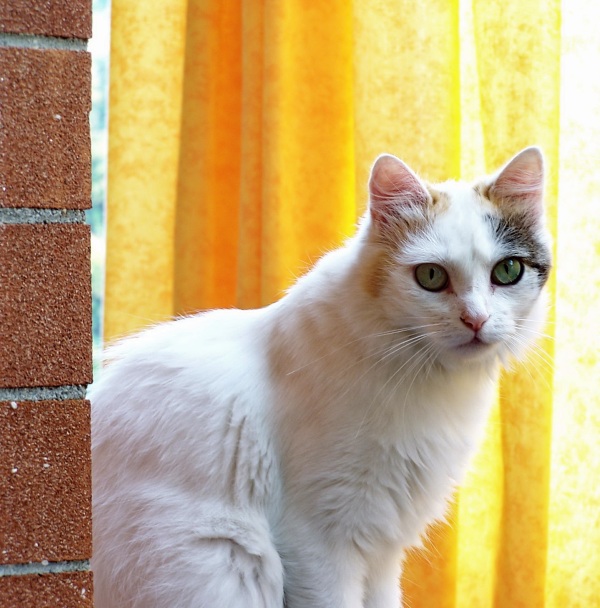Within the last few years, large Pharmaceutical companies have introduced several ‘people’ drugs into the pet field. Many new drugs from doggie Prozac to weight loss drugs are already approved by the FDA. For pharmaceutical companies to gain FDA approval for animal drugs, the costs are greater than 250 times less than that to obtain FDA approval of a human drug. Pet owners can safely assume many more ‘people’ drugs will soon be pushed to their pets.
In 1992 Congress passed the Prescription Drug User Fee Act which allows the FDA to collect fees from drug manufacturers to fund the drug approval process. The FDA has determined for fiscal year 2008 the drug user fees to be collected would be $392,783,000, up from $354,893,000 in 2007. According to the FDA’s 2006 report to Congress on the Prescription Drug User Fee Act, the total number of new drug applications submitted to the FDA for approval in 2006 was 120. From 1998 through 2006 the number of applications submitted to the FDA ran between 100 and 130 each year. The drug user fees – required by the Prescription Drug User Fee Act – is split between the number of applicants. In other words, if 120 new drug approval applications were received in 2007 (same as in 2006), those 120 drug company applicants would split the FDA approval fee of $354,893,000. That’s roughly $3,000,000 just to submit a drug application to the FDA to seek approval.
On the other hand, animal drug application fees are significantly less than the human drug application fee counterparts. The prescription drug user fee for animal drugs to be collected by the FDA in 2008 was $1,250,000. Using a guesstimate of 120 applications for animal drug approval in 2008 (the same number of animal drug approval applications that were submitted as human drug applications in 2007), each drug company applicant would be paying a little more than $100,000 for each animal drug approval application; a savings of $2,900,000 than the application fee seeking approval for a human drug.
In January 2008 Congress passed approval to raise the animal drug user application fees to be collected in 2009 from $1,250,000 to $3,815,000. Pet owners can only assume that the triple in application fees to be collected in 2009 is because of a triple in drug approval applications.
What the increased interest from big pharmaceutical companies will provide to pet health is yet to be determined. While some newly approved animal drugs might prove to be beneficial to pets suffering from disease, there remains a concern about other drugs. Last year, the FDA gave its seal of approval for a weight loss drug for dogs called Slentrol. In a report from the University of Southern California on drugs to treat obesity, they reported that Slentrol “reduces appetite and fat absorption to produce weight loss.” Unfortunately UNC also reports the new doggie diet pill “has nasty side effects like vomiting, loose stools, diarrhea, lethargy and loss of appetite.” http://www.usc.edu/hsc/healthnow/2007/01/15/the-skinny-on-fat-pills/
Should you wish to search for information on an FDA approved animal drug, the FDA recently announced “Animal Drugs @ FDA”. http://www.accessdata.fda.gov/scripts/animaldrugsatfda/ The new FDA tool to research animal drugs, unfortunately does not list drug side effects.
Wishing you and your pet(s) the best,
Susan Thixton
Pet Food Safety Advocate
Author, Buyer Beware
Co-Author Dinner PAWsible
TruthaboutPetFood.com
PetsumerReport.com
What’s in Your Pet’s Food?
Is your dog or cat eating risk ingredients? Chinese imports? Petsumer Report tells the ‘rest of the story’ on over 2500 cat foods, dog foods, and pet treats. 30 Day Satisfaction Guarantee. www.PetsumerReport.com
Are you subscribed to Truth About Pet Food Newsletter? Click Here to subscribe
Follow Truth about Pet Food on Twitter
Become a Fan of Truth about Pet Food, Dinner PAWsible, Buyer Beware on Facebook
Find Healthy Pet Foods in Your Area Click Here


































